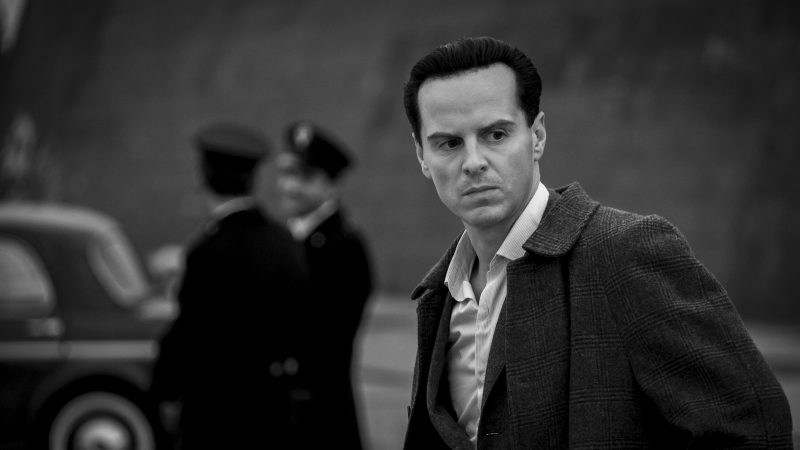Hegel

Georg Wilhelm Friedrich Hegel, a towering figure in the landscape of Western philosophy, left an indelible mark on intellectual thought with his complex and influential works. Born in 1770 in Stuttgart, Germany, Hegel’s philosophical journey traversed the tumultuous period of the Enlightenment and Romanticism. His dialectical method and concept of absolute idealism have had a profound impact not only on philosophy but also on various disciplines such as sociology, political theory, and theology. In this article, we delve into the life, thought, and enduring legacy of Hegel, exploring the key themes and ideas that characterize his philosophical system.
Table of Contents
ToggleHegel’s Life and Influences:
Hegel’s intellectual development was shaped by the cultural and political milieu of his time. He studied theology at the University of Tübingen, where he encountered the works of prominent philosophers such as Immanuel Kant and Johann Gottlieb Fichte. These encounters sparked Hegel’s interest in philosophy and set the stage for his own philosophical inquiries.
After completing his studies, Hegel worked as a private tutor in Bern and Frankfurt, where he engaged with the intellectual currents of German Romanticism. The writings of Friedrich Schiller and Johann Wolfgang von Goethe, as well as the political upheavals of the French Revolution, deeply influenced his thinking. Hegel’s philosophical project sought to reconcile the rationalism of the Enlightenment with the subjective spirit of Romanticism, forging a comprehensive system that encompassed both reason and freedom.
The Dialectical Method:
Central to Hegel’s philosophy is the dialectical method, which he inherited from earlier philosophers such as Heraclitus and Kant. Hegel’s dialectic involves a process of thesis, antithesis, and synthesis, wherein contradictions are resolved through a higher level of understanding. This dialectical movement underpins Hegel’s view of history, nature, and consciousness, shaping his analysis of reality as a dynamic and evolving totality.
In Hegel’s view, reality is characterized by contradiction and conflict. Every concept or idea contains within itself its own negation, giving rise to a dialectical process of development. For example, the thesis of individual freedom is countered by the antithesis of social duty, leading to the synthesis of ethical community. This dialectical movement is not static but progressive, culminating in the absolute idea, which Hegel identifies as the ultimate reality underlying the universe.
Absolute Idealism:
At the heart of Hegel’s philosophical system is the concept of absolute idealism, which posits that the ultimate reality is the absolute spirit or Geist. This absolute spirit is not a transcendent deity but the self-realization of consciousness through history and culture. According to Hegel, the absolute spirit manifests itself in various forms, including nature, society, and art, each representing a stage in its self-development.
Hegel’s idealism stands in contrast to the subjective idealism of Berkeley and the transcendental idealism of Kant. Whereas Berkeley posited that reality is dependent on perception and Kant argued that reality is structured by the mind, Hegel maintains that reality is the product of the dialectical unfolding of the absolute spirit. In this sense, Hegel’s idealism is both immanent and historical, emphasizing the role of human consciousness in shaping the world.
History and Freedom:
Hegel’s philosophy of history is a central aspect of his thought, providing a framework for understanding the progression of human civilization. According to Hegel, history is the unfolding of the absolute spirit through a series of dialectical stages, culminating in the realization of freedom. Each stage of history represents a particular form of consciousness, from the primitive tribes to the modern state, each striving for greater self-awareness and autonomy.
For Hegel, the culmination of history is the modern state, which embodies the rational principles of freedom and justice. In the modern state, individuals are recognized as free and equal citizens, participating in the collective life of society. However, Hegel’s conception of freedom is not merely negative liberty, but the realization of one’s true nature as a rational and ethical being. True freedom, in Hegel’s view, is the harmonious integration of individual and collective interests, leading to the realization of the absolute idea in human society.
Critiques and Legacy:
Despite its enduring influence, Hegel’s philosophy has been subject to numerous critiques and interpretations. Critics have accused Hegel of elitism, authoritarianism, and obscurantism, arguing that his system neglects the concrete realities of social and political life. Moreover, Hegel’s reliance on speculative reasoning and abstract concepts has led some to question the coherence and relevance of his philosophy in the modern world.
Nevertheless, Hegel’s legacy remains profound, inspiring generations of thinkers across diverse fields. His dialectical method has been appropriated by Marxist theorists such as Karl Marx and Friedrich Engels, who adapted Hegel’s framework to analyze the dynamics of class struggle and historical change. Likewise, existentialists such as Jean-Paul Sartre and Martin Heidegger drew on Hegel’s insights into subjectivity and freedom, albeit in critical dialogue with his idealism.
Conclusion:
Georg Wilhelm Friedrich Hegel stands as one of the most formidable figures in the history of philosophy, whose ideas continue to provoke debate and reflection. From his dialectical method to his concept of absolute idealism, Hegel’s philosophy offers a rich and comprehensive account of reality, consciousness, and freedom. While his work remains challenging and enigmatic, it invites us to engage in a deeper understanding of the human condition and the nature of existence. In grappling with Hegel’s thought, we embark on a journey of intellectual discovery, confronting the complexities and contradictions that define our world.





